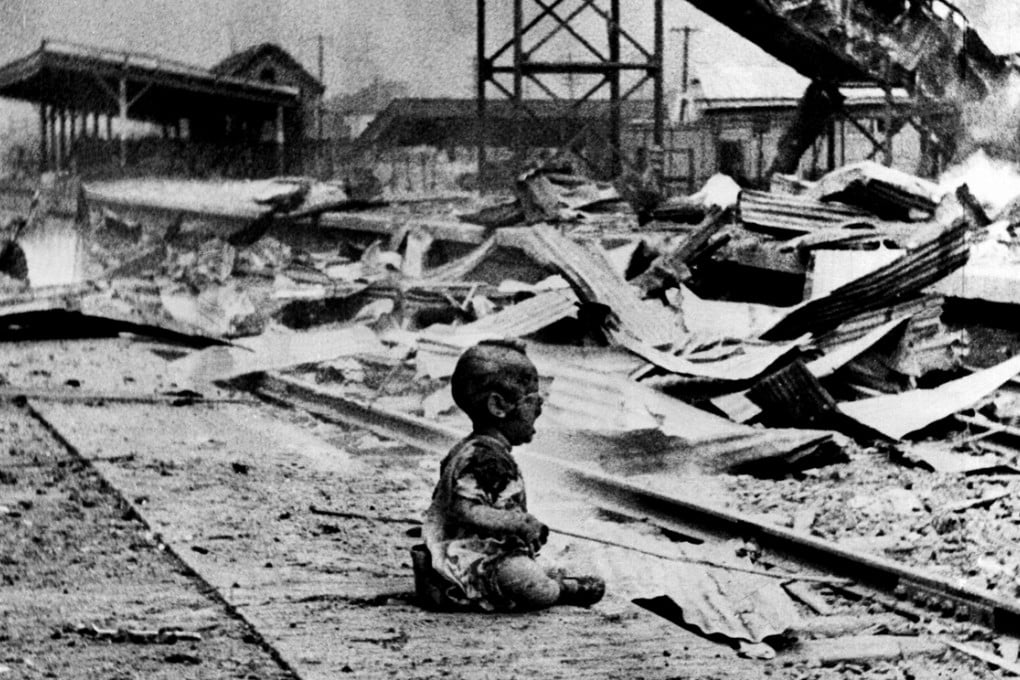Month of commemorations of China's 1945 victory over Japan begins
Top leaders to launch a month of commemorations of the end of second Sino-Japanese war in 1945 and remembrance for victims of atrocities

Top leaders will attend a ceremony in Beijing today to commemorate the 69th anniversary of China's victory in the anti-Japanese war, also called the second Sino-Japanese war, which ended in 1945.
It is the country's first commemoration since September 3 was designated Victory Day earlier this year. It also marks the start of a busy month, with another two high-profile remembrances - the 83rd anniversary of the Mukden incident that was the pretext for Japan's 1931 invasion of China on September 18 and the newly established Martyrs' Day on September 30.
Chinese leaders are not trying to put more pressure on tense relations
The Ministry of Civil Affairs on Monday unveiled the names of the first 300 martyrs - defined as people who gave their lives for national independence and prosperity since the first opium war with the British in 1840. Of that batch, 152 died during the second Sino-Japanese war from 1937 to 1945, 94 were from the Kuomintang-run army and 10 were foreign nationals, including Japanese pacifist Hideo Miyagawa. Jiang Shangqing, the adopted father of former president Jiang Zemin, was also given the honour.
In February, the Standing Committee of the National People's Congress, the national legislature, designated September 3 to mark victory over Japan and December 13 as a memorial day for Nanking massacre victims. In August it also approved the establishment of Martyrs' Day on September 30.
Lin Xiaoguang, an international relations expert at the Central Party School, said the series of commemorations was "long overdue" because the Chinese public needed to remember their wartime history.
"Chinese leaders are not trying to put more pressure on already tense Sino-Japanese relations … and such commemorations of history should not fan hatred," he said. He cautioned that rising nationalism could again prompt violent marches if no precautions were taken.